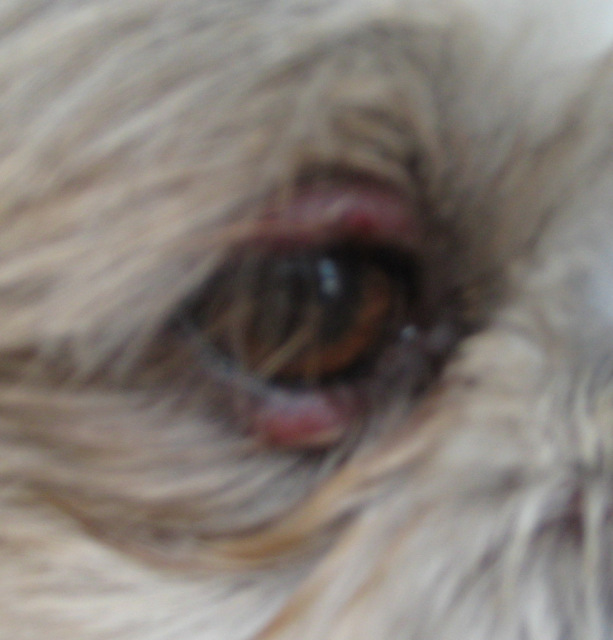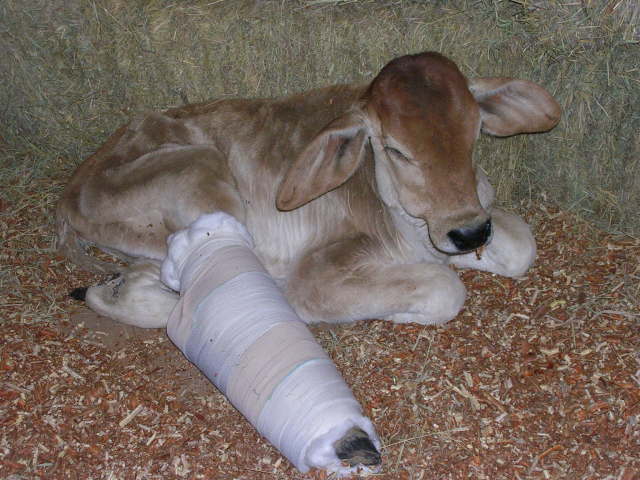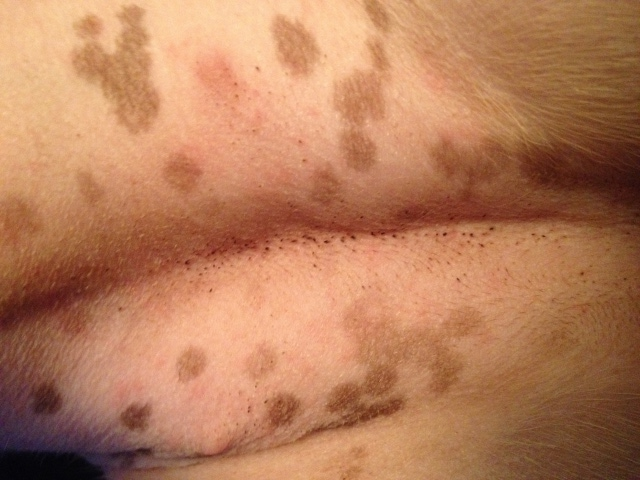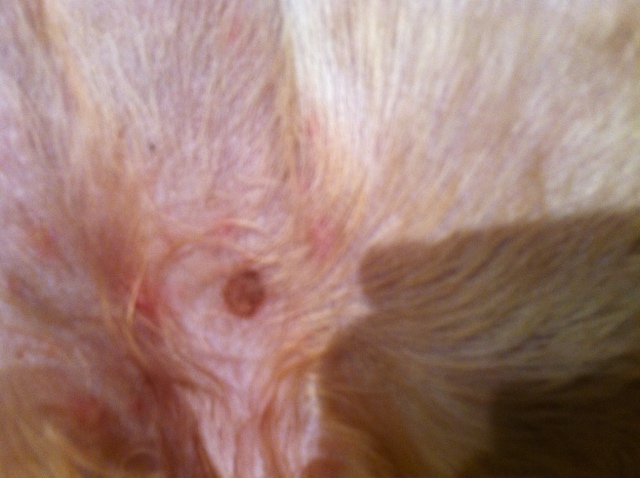QuestionHi,
I have a mixed breed male dog with Mast tumors. He was diagnosed 3-4 years ago. They tried to perform surgery but due to the location and the complex blood vessels in the area (groin), they could not remove it. The put him on presnodone (spelled right??) 20mg. every 3 days. The vet told me that it was good for two years. I took that to mean that after two years, the cancer would spread and my pet would die. Well, he is still on the drug and now tumors are coming up all over the place. He has a large one on his shoulder and I can feel small ones under his skin on his sides. They don't seem to bother him. He no longer gets his annual shots, rabies etc. (scares me). I live in Florida where rabies can be a problem. He is a house dog. Only goes out to do his business. He is 12 years old. Hasn't seen a vet for the 3-4 years. They just keep prescribing the medication. Question: What now? I will not put him through any operations that will only cause him pain and not extend his life. He is otherwise healthy and happy. Do I just continue to give him the medication and when the tumors matisize (spelling??) then put him down?? I know there is no cure, but I want to make sure that I am doing everything possible to make him comfortable and happy. Also, what about his regular annual shots? According to the law, I am breaking it. Those shots are mandatory. Any help or information will be greatly appreciated. Thanks.
AnswerHi Rachel! I can completely understand your concern.
The medication is prednisone (or prednisolone, ect. depending on vendor). This is a steroid that is always used in pets with cancer. The steroid reduces inflamation in the vessels and tissues surrounding the masses to relieve any pressure. It also stimulates appetite.
Okay...I can't tell you want to do here, but I can tell you my view on it.
A 12 year old dog with mast cell tumors would not be the best surgery candidate. You have two decisions here...put him under anesthesia to have the tumors that can be removed, removed, OR you can simply let them go. Putting him under anesthesia would definitely be a risk. Is it a risk worth taking? Probably not. If he has had these tumors for this long and has this many, removing a few of these tumors that can even be physically possible to remove would probably not do anything but cause an area that will not heal correctly due to his compromised immune system, which will end up in an infection that can potentially kill him....let alone the anesthesia itself.
In my opinion, if it was my dog, I would be doing exactly what you are doing. Keeping him comfortable and keeping him happy until his time comes. As for now, he sounds happy and is feeling very well. You will know when his time comes, and from what you have told me, I can't imagine it being anywhere very near in the future. So, I feel as though you are definitely doing the right thing in that prospective.
As for vaccines. I will be honest with you, and it's hard for me to tell someone this being the position that I am in, but I don't really believe in vaccines. I'll tell you why....My husband and I have a dog and 6 cats. I get my animals their kitten/puppyhood vaccines and their 1 year boosters. After that, I haven't had to get any of their vaccines. I get titer tests done. Now, my oldest cat is 8 years old. According to the titer tests, she has not needed a vaccination for the last 7 years. The titer test works like this...Your veterinarian will take blood from your dog and send it out to the lab. The lab runs the bloodwork which tells whether or not there is enough of the vaccine in the dog's system or if he needs more. Every animal in my household has only ever needed their first shots. They have enough of the vaccine in their systems to never need them. I feel as though alot of animals are over vaccinated, and it is proven that this can actually lower the immune system and cause many problems from renal failure to cancer. When a titer test is done, and there is enough vaccine in the system, you will be able to get a new rabies tag, which will show that your dog is vaccinated against rabies. I don't feel as though it is necessary at all for an older dog to receive vaccines every year. It would probably be very beneficial in your situation to have the titer test done. It costs as much as the vaccines do and can make a huge difference in your dog's health.
I hope this helps and please let me know how he is doing!
Hilary

 Shih-Tzu eyelide problem
Question
swollen eyelids
Hi,
Its been about 2 weeks no
Shih-Tzu eyelide problem
Question
swollen eyelids
Hi,
Its been about 2 weeks no
 My 8 month old Great Pyrenees Pup
QuestionBefore and After
Places on Legs
Q
My 8 month old Great Pyrenees Pup
QuestionBefore and After
Places on Legs
Q
 Calf with broken leg
Question
Finally home and taken
Dear Jana
Im hoping th
Calf with broken leg
Question
Finally home and taken
Dear Jana
Im hoping th
 Black spots on belly
Question
Spots
My 4 month old pit bull mix has t
Black spots on belly
Question
Spots
My 4 month old pit bull mix has t
 Red Blisters on Dog Belly
Question
Raley Belly
Yesterday I noticed a round
Red Blisters on Dog Belly
Question
Raley Belly
Yesterday I noticed a round